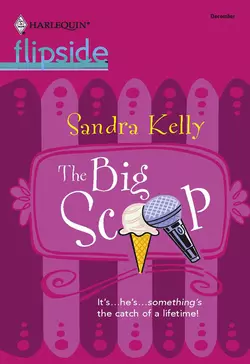The Big Scoop

Sandra Kelly
Тип: электронная книга
Жанр: Современная зарубежная литература
Язык: на английском языке
Стоимость: 152.25 ₽
Статус: В продаже
Издательство: HarperCollins
Дата публикации: 16.04.2024
Отзывы: Пока нет Добавить отзыв
О книге: The Big Scoop, электронная книга автора Sandra Kelly на английском языке, в жанре современная зарубежная литература